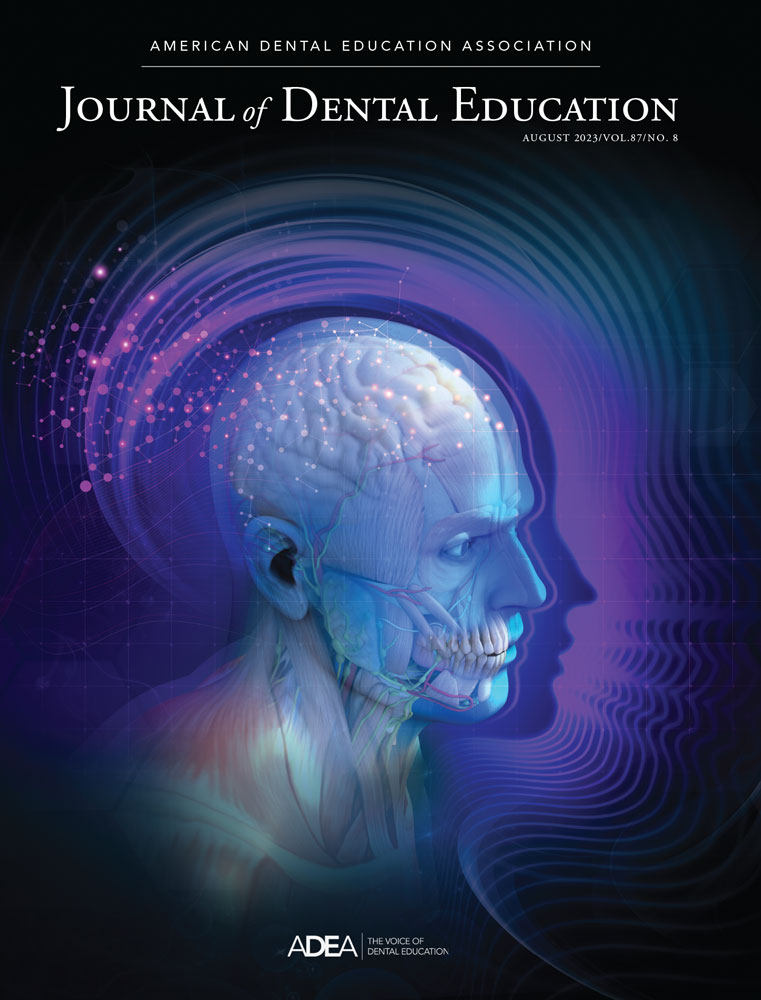Influence of background music on stress reduction and impact on performances during students’ simulation exercises
Abstract
Background
The acquisition of manual skills is essential in preclinical dental training. Background music improves the learning of many manual skills, though we found no data on the consequences of background music on preclinical manual skills training of dental students.
Objective
The first aim of this project was to explore whether listening to slow background music could reduce the stress of students when learning how to perform cavity preparations and restorations in a simulation laboratory. The second aim of this study was to determine the impact of slow background music on the quality and time used during cavity preparation.
Method
We invited all of the 40 third-year dental students to participate in the study, of whom 88% chose to anonymously fill in questionnaires on their subjective evaluations of the effects of slow background music on the stress or anxiety levels experienced during the course. Twenty-four students further volunteered to participate in a cross-over study on the impact of slow background music on the quality of and time used during cavity preparation.
Results
The overall satisfaction with the slow background music was high. In particular, the music reduced stress but also increased motivation to learn and practice. Communication in the classroom went well despite the music. Time use and quality of cavity preparation were enhanced.
Conclusion
This study lends support to the use of slow background music in preclinical cariology training, as it appeared to have helpful effects on dental skills education and practice.
CONFLICT OF INTEREST STATEMENT
The authors declare no conflict of interest.




